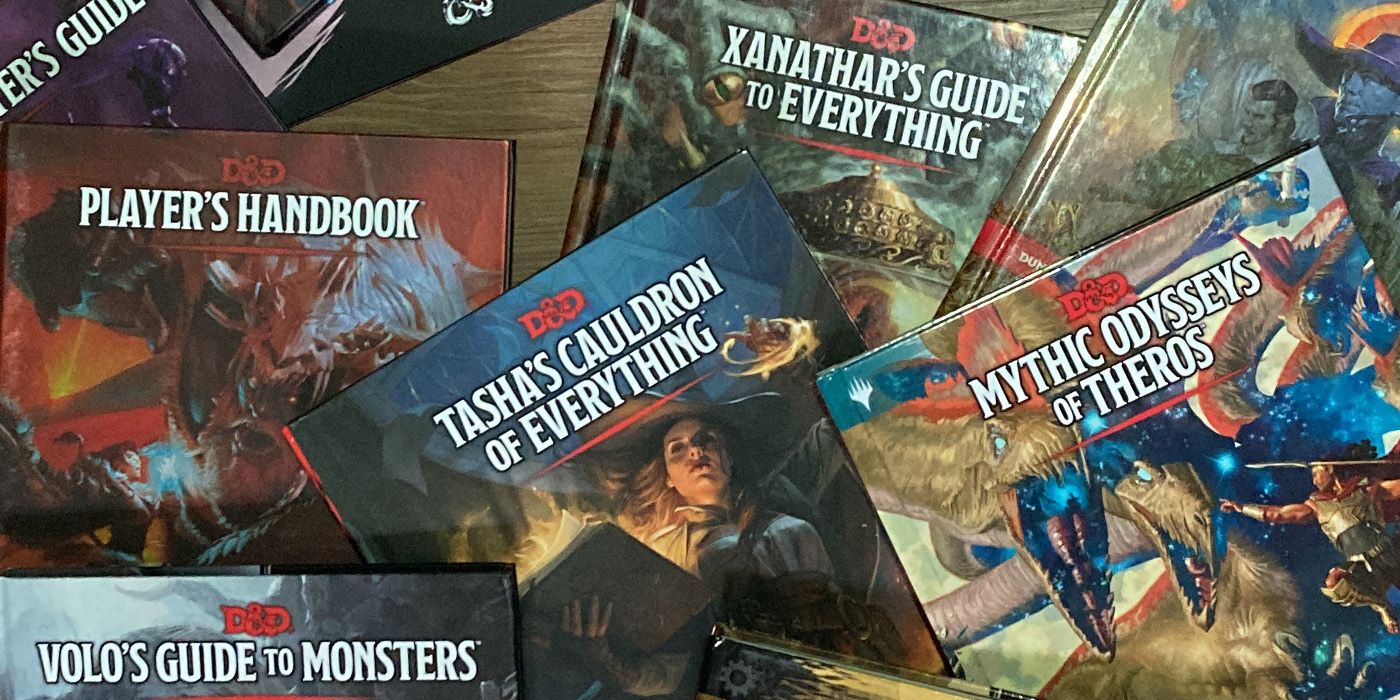
Aspiring Dungeon Masters (DMs) will most likely feel overwhelmed with the many materials they have to review to start their own Dungeons & Dragons (D&D) game. After all, not only do they have to choose which edition - D&D 5e or older - to play. Rather, they need to choose a setting, plan a story, and even decide everything - from which traps appear in a dungeon to what NPCs players may or may not seduce.
RELATED: 10 Reasons Why The Forgotten World Of Warcraft TTRPG Is A Must-Try
However, aspiring DMs don't necessarily have to ragequit while thinking of their dream D&D game. Rather, sometimes DMs form the best D&D games with the right kind of planning and preparation. Why, with practice, an aspiring DM can whip out an adventure on the spot! How exactly should new DMs plan a Dungeons & Dragons campaign, though?
10 Remember Basic Mechanics
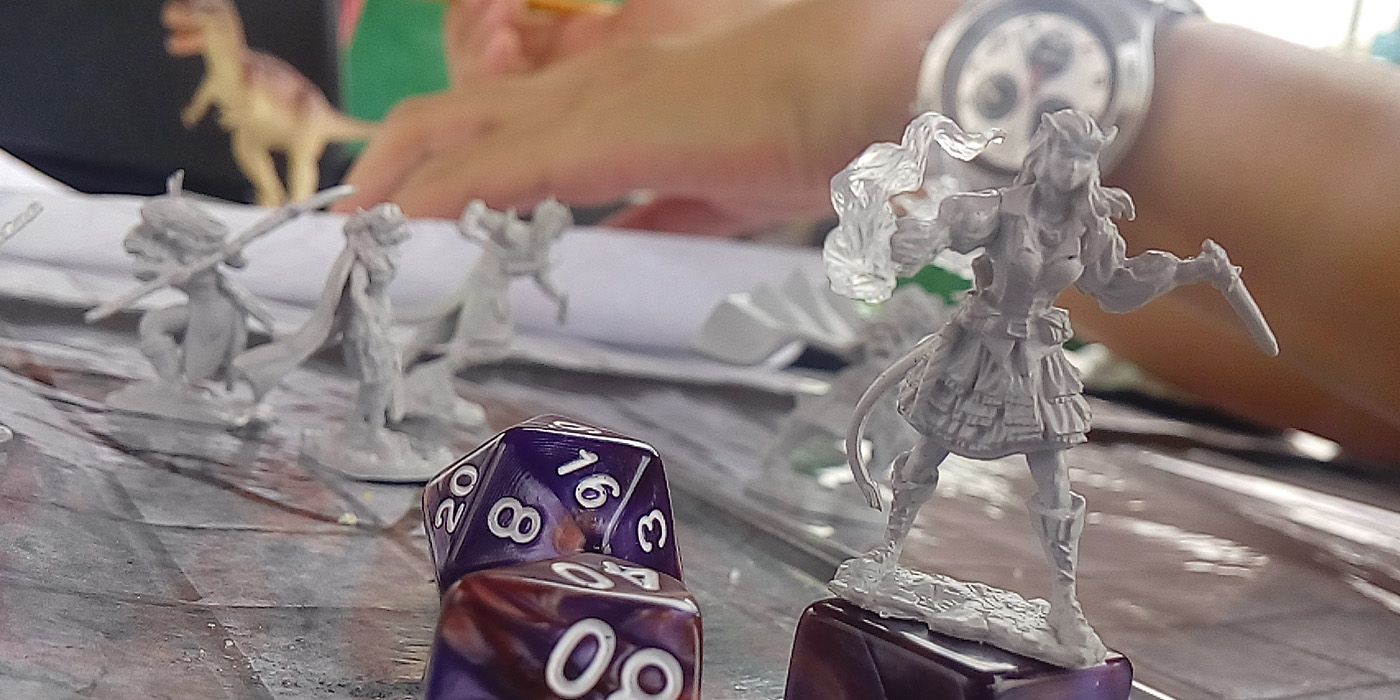
Essentially, DMs really don't need to remember the intricacies of grappling and swimming, or understand exactly how fatigue and exhaustion work, before starting their own adventure or campaign. However, just the basics would do for now:
Proficiency Bonus only applies if applicable. All Player Characters (PC) have an evolving Proficiency Bonus that grows as they increase in level. This Bonus serves as the number they add to rolls that involve Skills and Saves they're Proficient in. For instance, a Fighter with a Martial Weapon Proficiency can add their Proficiency Bonus if they attack with a Longsword, a Martial Weapon.
Ability Checks and Skill Checks help PCs use their qualities for a task. Any PC who wants to do something that involves chance (can fail) should make an Ability Check or a Skill Check based on the quality required by that task. For instance, pushing a boulder may require a Strength or an Athletics (STR) Check. This is done by using a D20 + Ability Modifier (+ applicable Proficiency Bonus).
An Attack Roll is essentially just an Ability Check. New D&D players might find combat overwhelming for the first time. However, an Attack Roll in combat is essentially making an Ability Check with a weapon. PCs can use Strength or Dexterity depending on the weapons they're holding and what their Class Features say they should use as an Attack Ability Modifier.
Spellcasting Ability Modifier is exactly what it sounds like. Spellcasting in D&D can become tricky when done by first-timers. For instance, what's a Spellcasting Ability Modifier? Essentially, this number is the Modifier of the Ability the PC's Spellcasting Class uses. As an example, since a Paladin uses CHA (Charisma) for their Spells, they should use their CHA Modifier for offensive or healing Spells that need their Spellcasting Ability Modifier.
9 Secure Necessary Materials
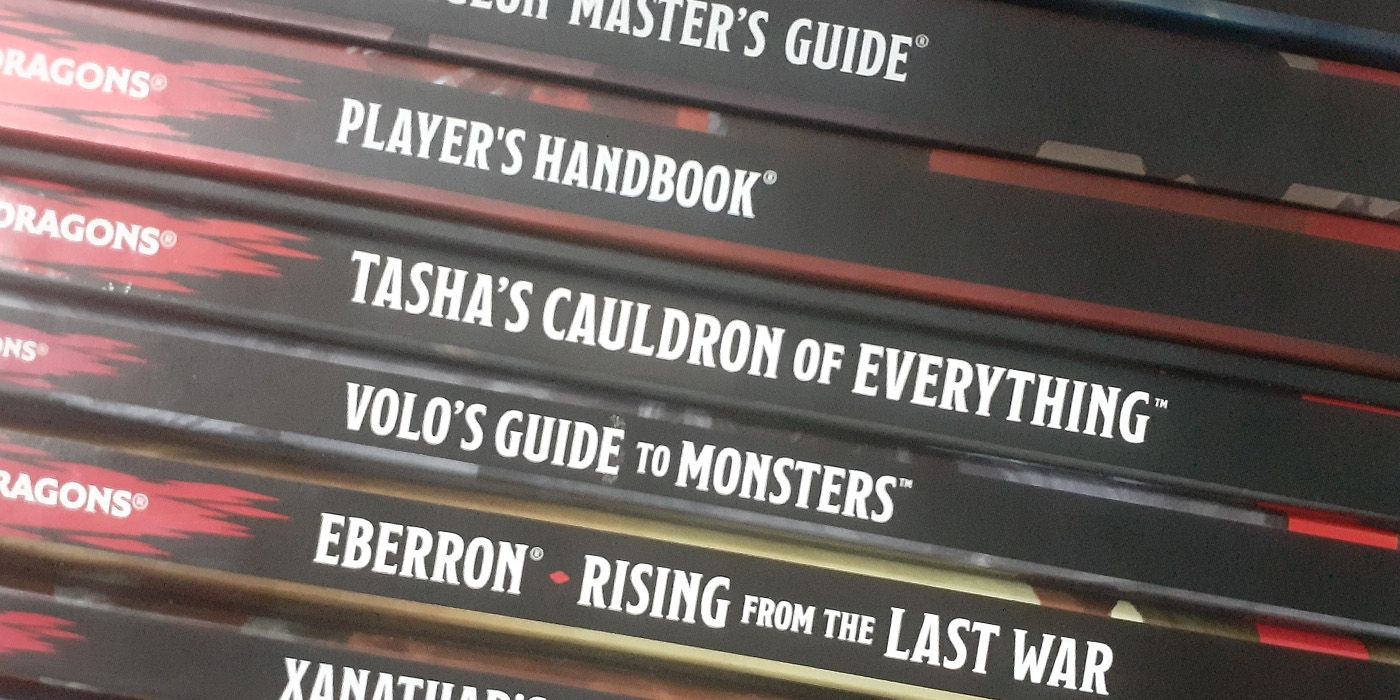
Aside from remembering basic mechanics, DMs do need to secure some essential materials should they need to arbitrate on some aspects of the game. However! It's important to remember that DMs don't necessarily need to secure hardbound copies of these materials. Sometimes, a digital copy they can view with their laptops or tablets would suffice. Regardless, here are some materials DMs need:
Player's Handbook. The PHB is perhaps the most essential material both DMs and Players need to secure their sessions. Any DM can weave the most basic adventures and the most elaborate campaigns with just the PHB. This book contains the most essential of D&D 5e's rules.
Dungeon Master's Guide. DMs who want to upgrade their repertoire of Dungeon Master tricks should secure the DMG. Unlike the PHB, the DMG has handy tips and tricks for DMs to spice up their campaign. This resource has additional references to Magic Items, downtime activities, or even story prompts.
Monster Manual. DMs who want to give an additional challenge to players would find the MM handy. Unlike the other two tools, the MM can help DMs diversify their encounters by unleashing a wide array of monsters against their players.
Xanathar's Guide to Everything. Of all "extra" resources, it's the XGTE that is perhaps the most essential to all D&D 5e campaigns. This book acts like an extended DMG, as it has additional Magic Items and more expansive rules that can greatly help with immersion.
Other Resource Books. If a DM has a more concrete vision of the kind of game they're playing, now's the time to buy other resource books. These books can help secure the setting of the game (e.g., Waterdeep, Saltmarsh, Eberron) or add important elements (e.g., special Classes from other Editions) that the other books don't necessarily have.
8 Choose A Platform
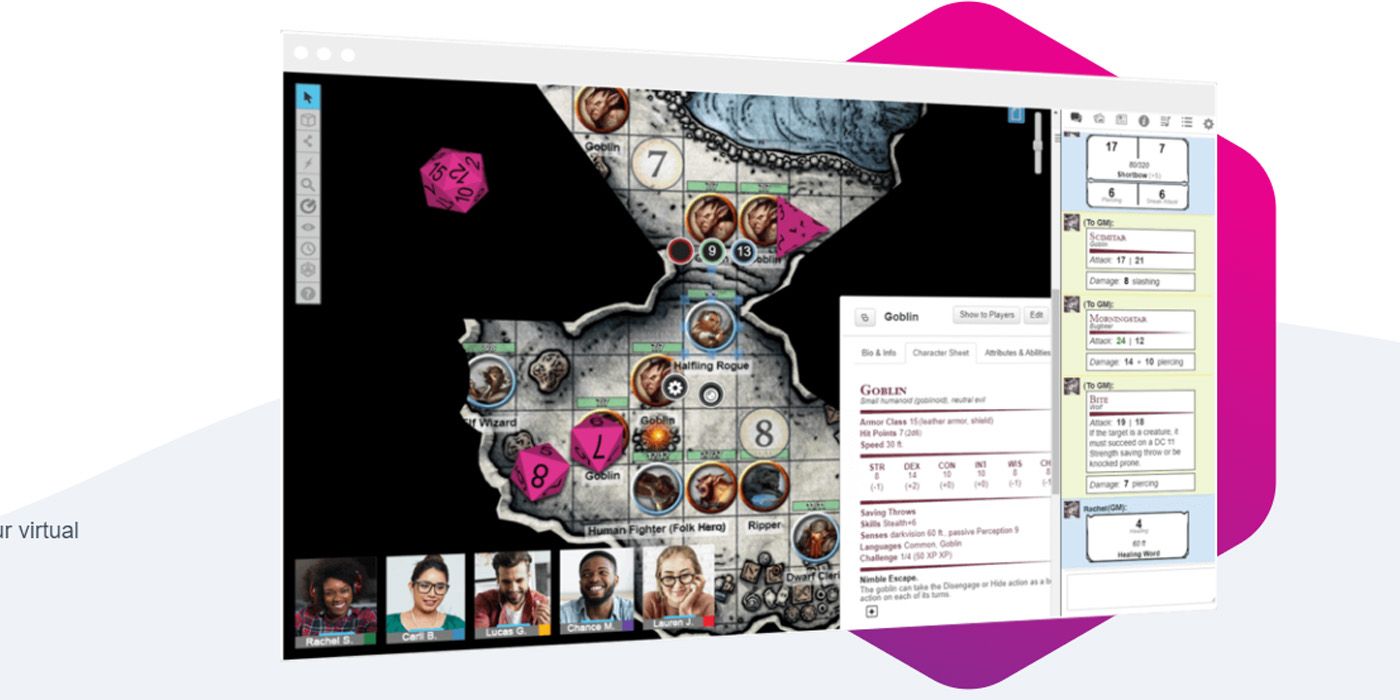
First and foremost, aspiring DMs should decide what kind of platform they want to use in order to play D&D with their friends or colleagues. DMs can easily summarize them into four essential categories:
Classic Tabletop Experience. Essentially, this format means meeting with friends, setting up a table, and getting miniatures to represent their characters. This method requires a bit of logistical work since players do have to meet physically. Sadly, as of writing, the threat of the pandemic makes analog tabletop unadvisable.
Get a Virtual Tabletop. If DMs and tables have become huge fans of TTRPG celebrities such as Matt Mercer and Critical Role, fans may have heard of Roll 20 and Fantasy Grounds. Essentially, these tools allow players to create "virtual tabletops" where they use computer software or a browser to move pieces on grids. DMs can make a more visually-immersive experience with these apps. Unfortunately, these apps do take time to master.
Mind's Eye Theater with Voice Conferences. DMs and tables lacking the bandwidth and resources to support a virtual tabletop can opt for voice-based sessions. As an example, narratives would play out the same but combat will now take a more free-flowing nature. Thanks to Discord and other chat systems, certain commands will let players roll dice on chat. They may still need third-party systems to view their character sheets, but this doesn't require as much firepower.
Multiplatform Systems. Interestingly, DMs and parties with more bandwidth and app firepower can use multiple platforms in order to secure the best online D&D experience. For instance, they can use Roll 20 for their virtual table but also rely on Discord for the voice aspect of their games. Sadly, this process does have the most immersion at the cost of using many gadgets and software.
7 Plan A Session Zero
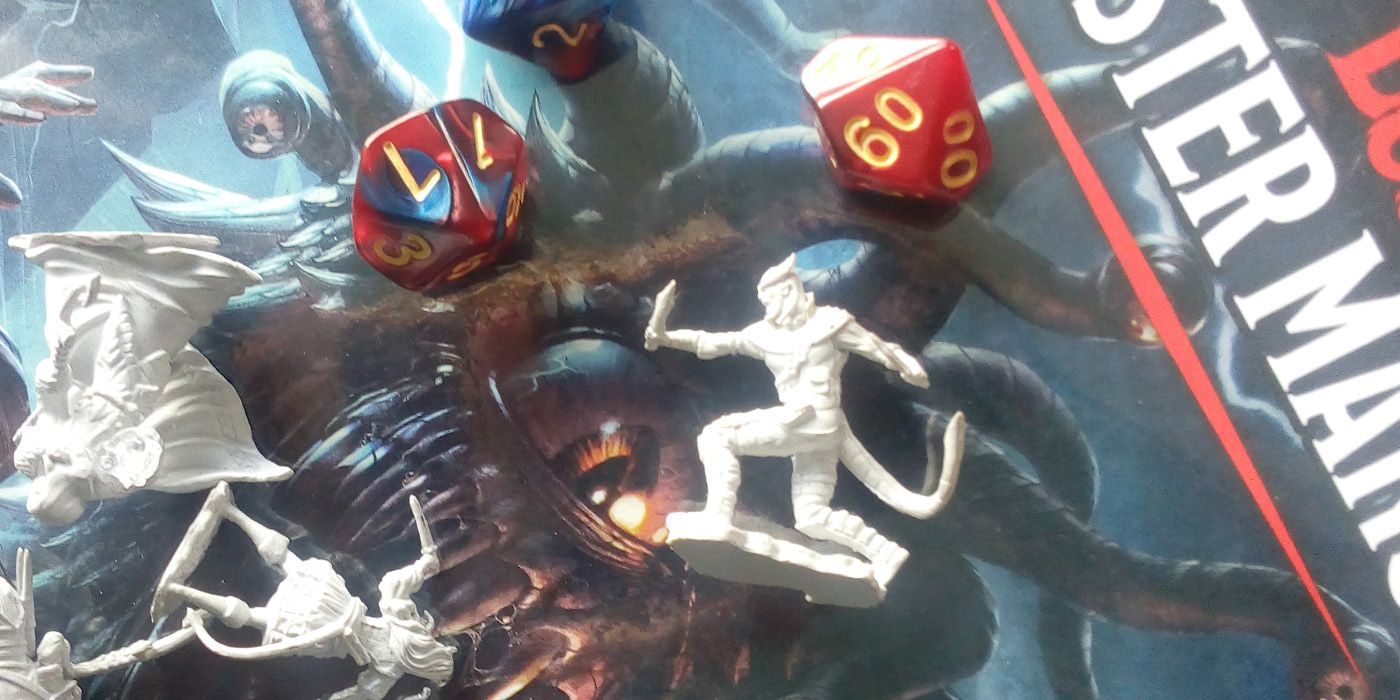
The best first step of any DM's journey to handling a table is understanding the basics outside the game. In essence, DMs and Players need to sit down and have a Session Zero to further explain the intricacies of the games they're playing. In turn, aspiring DMs need to use their Session Zero to clarify the following:
Code of Conduct. This factor is often a forgotten piece of clarification that often results in failed campaigns. As early as Session Zero, DMs need to immediately clarify any particular limitations or no-tolerance policies they want to implement in their games. For instance, they need to clarify whether content with gore or any sexual nature should be allowed in the game. These clarifications are important, especially if there are minors in the table.
Gameplay Limitations. Another important thing to decide in Session Zero point towards any gameplay limitations for Players. For instance, DMs need to identify which Races, Classes, or Subclasses from which resources, or Features they may or may not allow in the table.
RELATED: 10 Ways The Elder Scrolls Could Be A Dungeons & Dragons 5e Campaign Setting
Narrative Limitations. Similar to gameplay limitations, DMs need to clarify what narrative limitations Players have. These limitations work within the context of their sessions. For instance, DMs need to state if Players may or may not become a part of royalty or the enemy faction.
House Rules. DMs also need to clarify any immediate house rules in their games. These house rules include special rules not present in the base game that they want to apply in the game. Moreover, DMs also need to clarify whether Players should expect homebrew material in the game.
6 An Adventure Or A Campaign
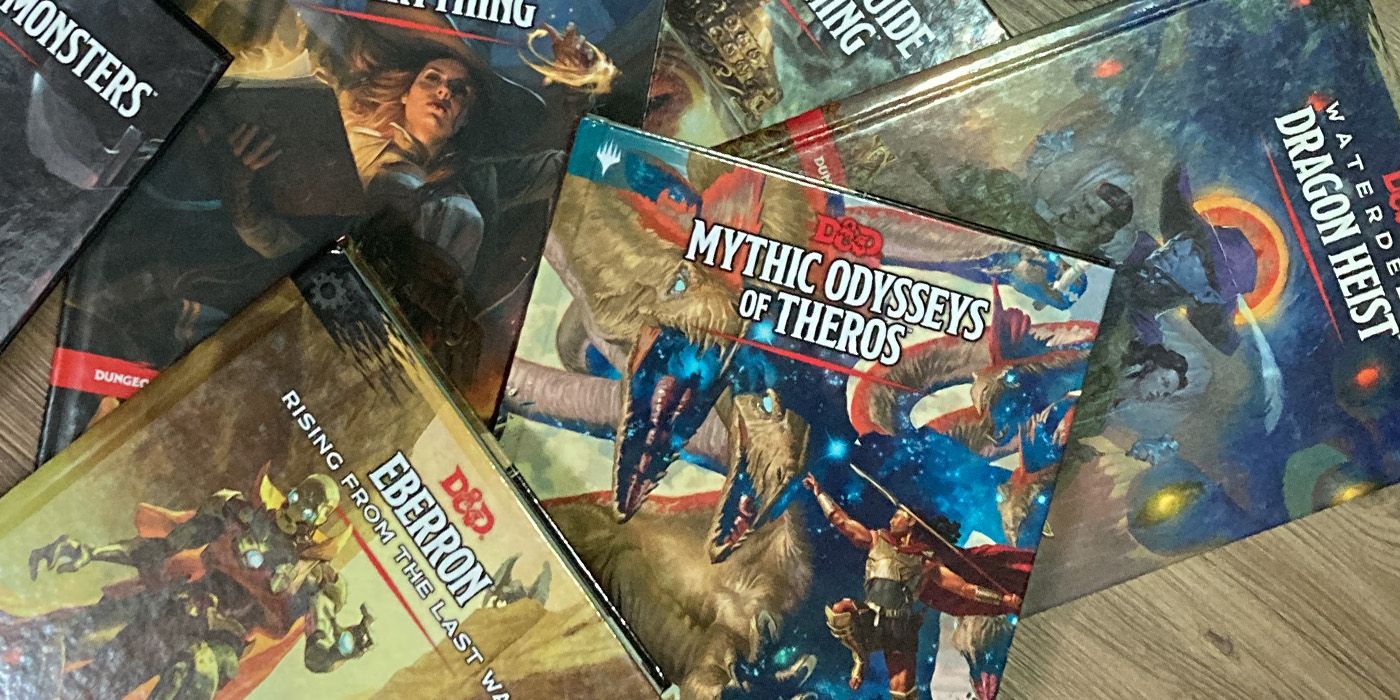
Players or TTRPG fans might decide to take the reins of Dungeon Mastering after being inspired by a certain material. Regardless, DMs need to decide whether they want to play an adventure or a campaign with their players. Their decision has important ramifications with the progress of the table. Here are general types of sessions a D&D table might have:
One-Shots. One-Shots typically serve as standalone stories. DMs can use these to introduce Players to D&D or play something that would last a single session. They often have a straightforward narrative, perhaps a couple of combat encounters, and a definite conclusion. These may lead to longer Adventures or Campaigns.
Adventures. Unlike One-Shots, Adventures often span a couple of sessions. Like One-Shots, Adventures also have a single narrative. However, Adventures leave enough room for twists and turns for Players to crawl back wanting more. Adventures suit a table that wants to have a short D&D stint that tells a single story but still leaves enough vagueness for a few sessions.
Campaigns. Perhaps the most ambitious of the bunch, Campaigns serve as full-blown epics that summarize the entire journey of the table. These often span a ton of Adventures over a multitude of sessions. Unlike Adventures, Campaigns have an overarching story that branches out into several character-focused or faction-focused stories.
Event Modules. An interesting divergence from Campaigns and Adventures would come in the form of Event Modules. DMs who want to participate in TTRPG events might use Event Modules to play a peer-approved story with a pre-determined table. Some events have multiple tables that use the same module to have interesting takes on a single story. Meanwhile, more specialized groups such as Adventurer's League use special Modules and rules that allow PCs to interchange tables in an ever-evolving character story.
5 Build Outward Or Inward
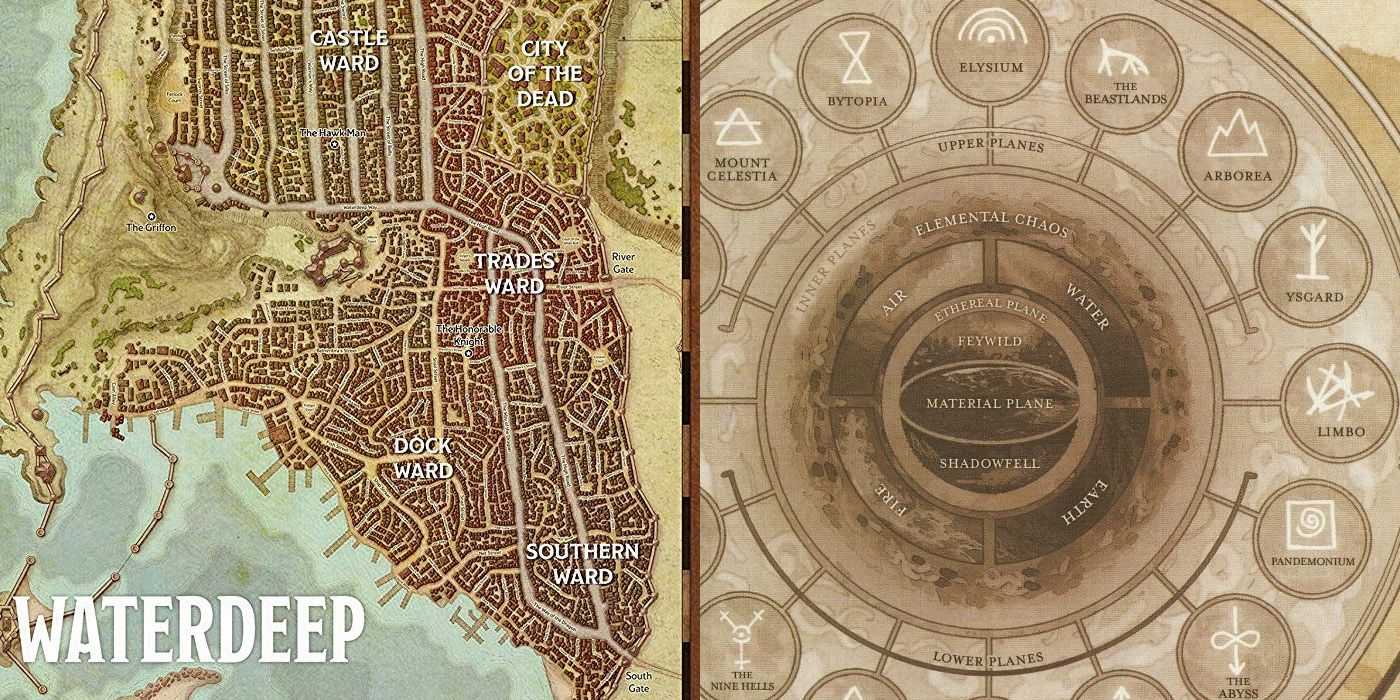
DMs who have decided on the general "sense" and length of the story they want to make now need to help shape the world of their story. However, DMs don't necessarily need a comprehensive guide to worldbuilding for their sessions. Rather, DMs can rely on two basic approaches to building their world for any type of game:
Build outward - small encounters first that expand into bigger events. One of the easiest ways to build worlds for any D&D session is to start small and then expand. Instead of worrying about the bigger picture, DMs can simply opt for an "Issue of the Week" approach a la police procedural drama. That way, Players get to go to new places, meet new people, and solve new issues. However, every once in a while, their seemingly-separate sessions may slowly converge into an overarching plot.
Build inward - create a general sense of the world that affect smaller events. An alternative point of view into worldbuilding that DMs can use is the bird's eye view. Essentially, DMs create a general sense of the world they want their games to happen in. This "general view" can become as expansive as they want. In turn, DMs can craft things ranging from basic continents to specific regions, to extremely specific locales and cultures. DMs can start forming short or intricate histories that revolve around these areas, which they soon use as the basis for whatever problems their Players need to solve. This world may also help shape the kind of Backgrounds the PCs have. This format works best for DMs who love the big picture view perspective of crafting stories.
4 Secure Relevant NPCs
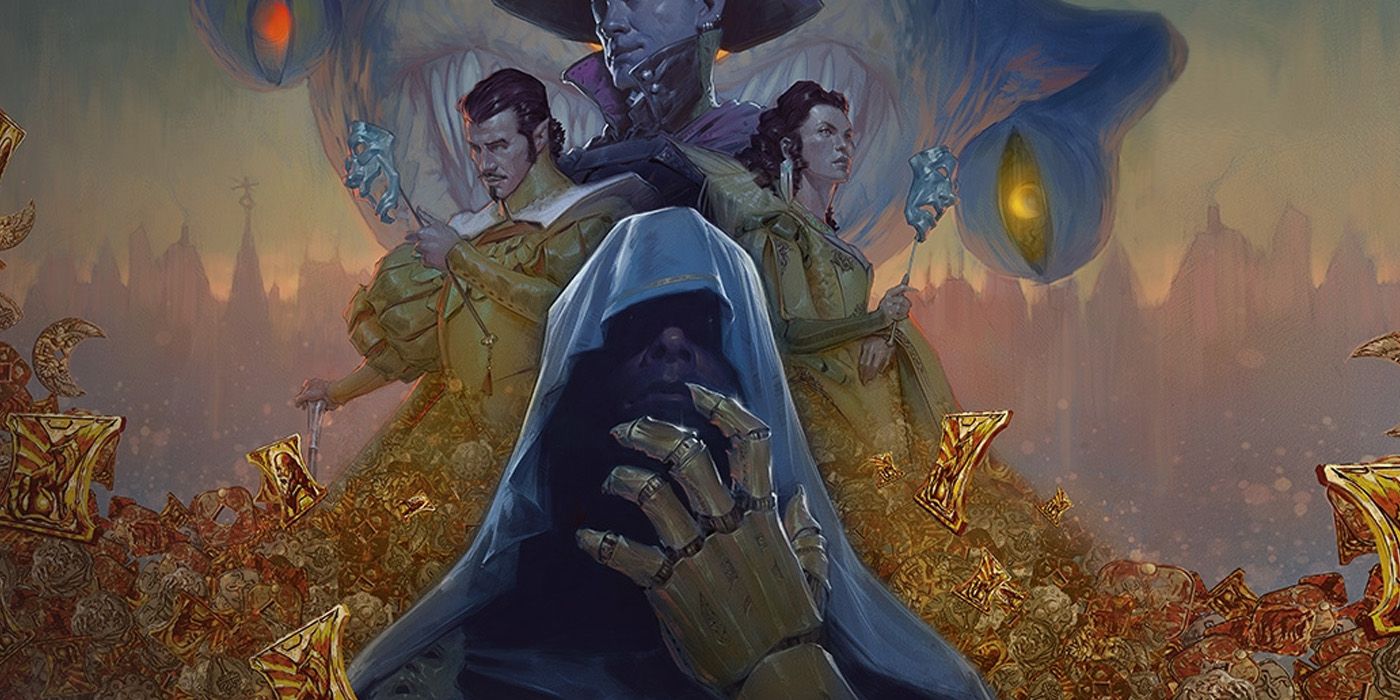
Aside from creating the entire world their sessions take place in, DMs need to ensure they populate it with important NPCs that can help steer their Players in the right direction. Interestingly, this doesn't necessarily involve creating hundreds of NPCs to fit certain scenarios. However, DMs might want to create a handful of NPCs (original or from official material) that fall under specific stereotypes.
Antagonists and their Henchmen. It's always important for Players to have figures that directly oppose them. Antagonists can range from typical monsters-of-the-week to enigmatic figures that manipulate things from behind the scenes. These Antagonists always serve as the "end goal" - the last boss that Players aspire to defeat. These Antagonists should almost always have a drive and a purpose, and Players should always understand why they need to be defeated.
Mentor Figures. It always helps for Players to have Mentor-like figures to rely on that can teach them the ropes in the world they're living in. Not only does this help cement the roleplaying aspect of Class progression. Rather, these Mentor Figures can help Players have a sense of calm and accomplishment as these Mentors will guide their growth.
RELATED: Dungeons & Dragons: 10 Must-Use Campaign Settings For Your Game Table
Vendors and Creators. Interestingly, there's not enough variety of shopkeeps, vendors, and even smiths in most D&D campaigns. DMs should always have a vendor or two prepared should their Players need to buy potions or create Magic Items. Having these sellers prepared with their own personalities and motivations can definitely spice up any session.
Sources of Information. Players can't expect to know how their PCs will ask for the right information about their current mission. DMs who work under this assumption will have a rough time steering their players in the right direction. Rather, DMs should always have a couple of sources prepared for their Players to meet. These involve the occasional town crier, heads of minor factions, to even knowledgeable people in the neighborhood.
3 Help The Cast Grow
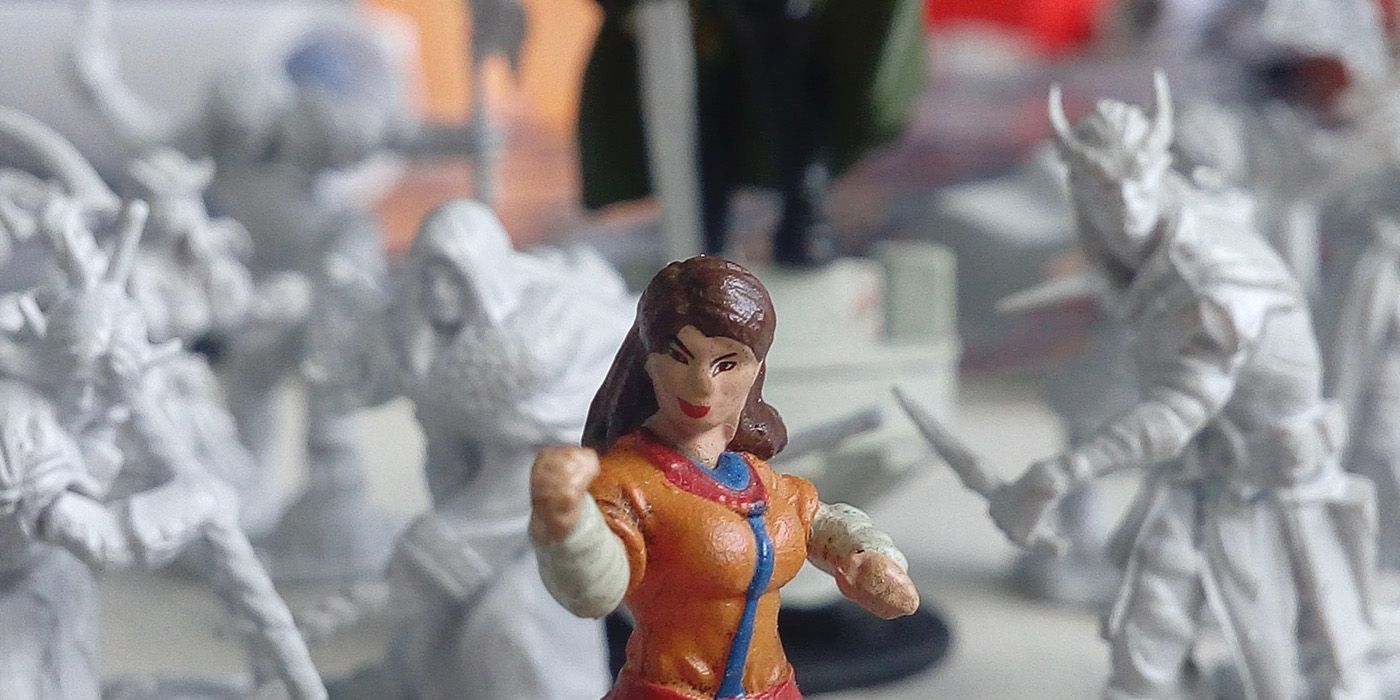
Likewise, aside from having an intricate cast of NPCs, DMs should always find some way for their Players to grow their Characters. It's not enough for them to have their respective "character arcs." Rather, DMs should pay particular attention to how they can pique their Players' interest in the game. That way, DMs can motivate them to help their PCs grow. In turn, DMs might want to familiarize themselves with a few basic Player Categories:
Roleplayers are Players who love to roleplay as their Characters. These Players don't give a lot of effort in terms of battle. In fact, they might struggle in terms of combat encounters. However, Roleplayers shine when they talk with other NPCs. These Players often love to get their imagination going. As such, DMs should give these Players an opportunity to play as their Characters. Perhaps DMs could throw in drama or two to engage Roleplayers.
Problem Solvers are Players who like to Roleplay for the sake of "solving" problems. Unlike Roleplayers, Solvers love their mysteries. They always get intrigued when DMs imply that an NPC has other goals. In turn, DMs can engage Solvers by presenting them with problems that engage them. These might involve mysteries regarding the main plot point, or something sinister.
Fighters are Players who love their combat encounters. Unlike Roleplayers and Solvers, Fighters excel in combat. Fighters often have the best builds against any situation. In turn, DMs can engage them effectively by challenging them with unique encounter setups. Outside battles, perhaps their Mentors can help them gain more powerful Spells?
2 Improv Works
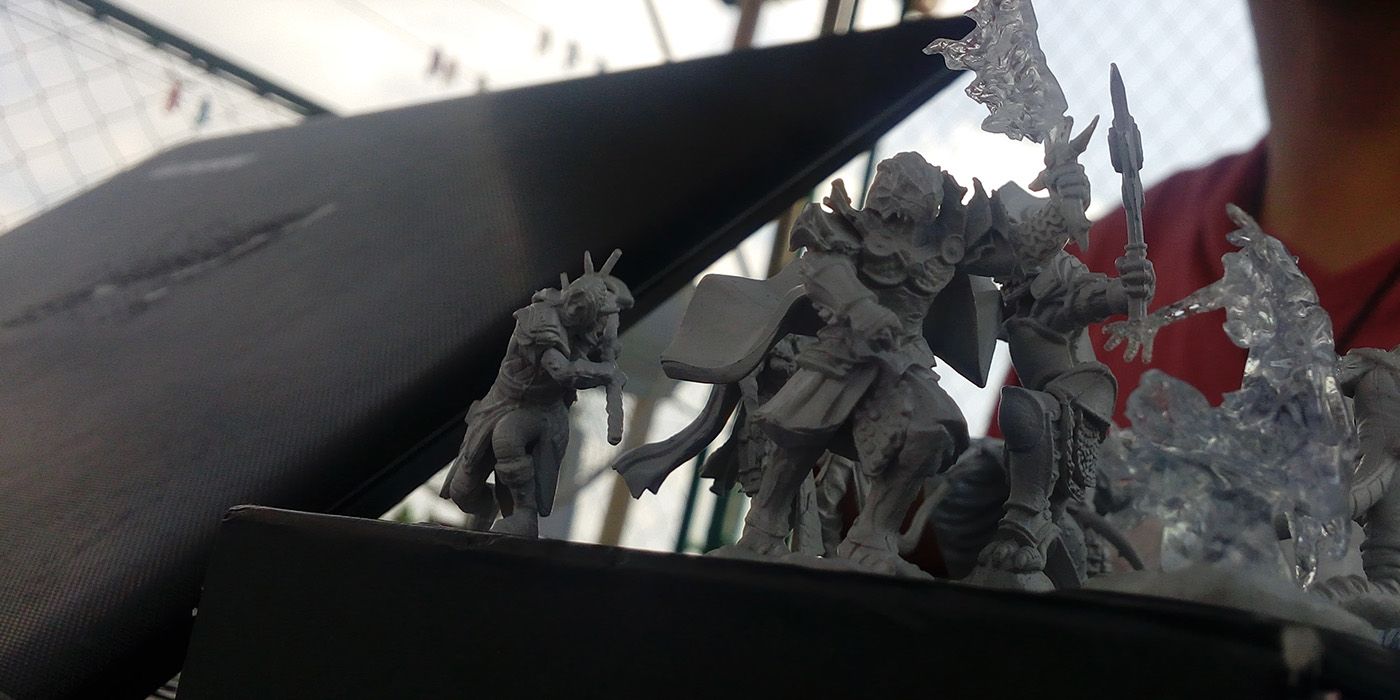
Interestingly, DMs often forget a minor detail that can help cement the foundation of a fun session. Essentially, D&D serves as a more complicated version of improv or improvisation. In acting, improv means adjusting to a scene on-the-spot. These often include throwing actors into scenarios where they make things up as they go. Interestingly, improv applies to D&D with respect to improv's first rule: don't say no.
Or rather, always give Players a way to continue the conversation. In D&D, it's not just important for DMs to accurately explain scenarios. Rather, DMs should always give Players a chance to engage with the environment. It takes practice, but DMs should become as flexible as possible when it comes to a PC's "plan of action." For instance, how can a Wizard Player maximize their Wizard School for the sake of the session? For as long as it doesn't ruin everyone's day, why not?
1 Always An Evolving Process
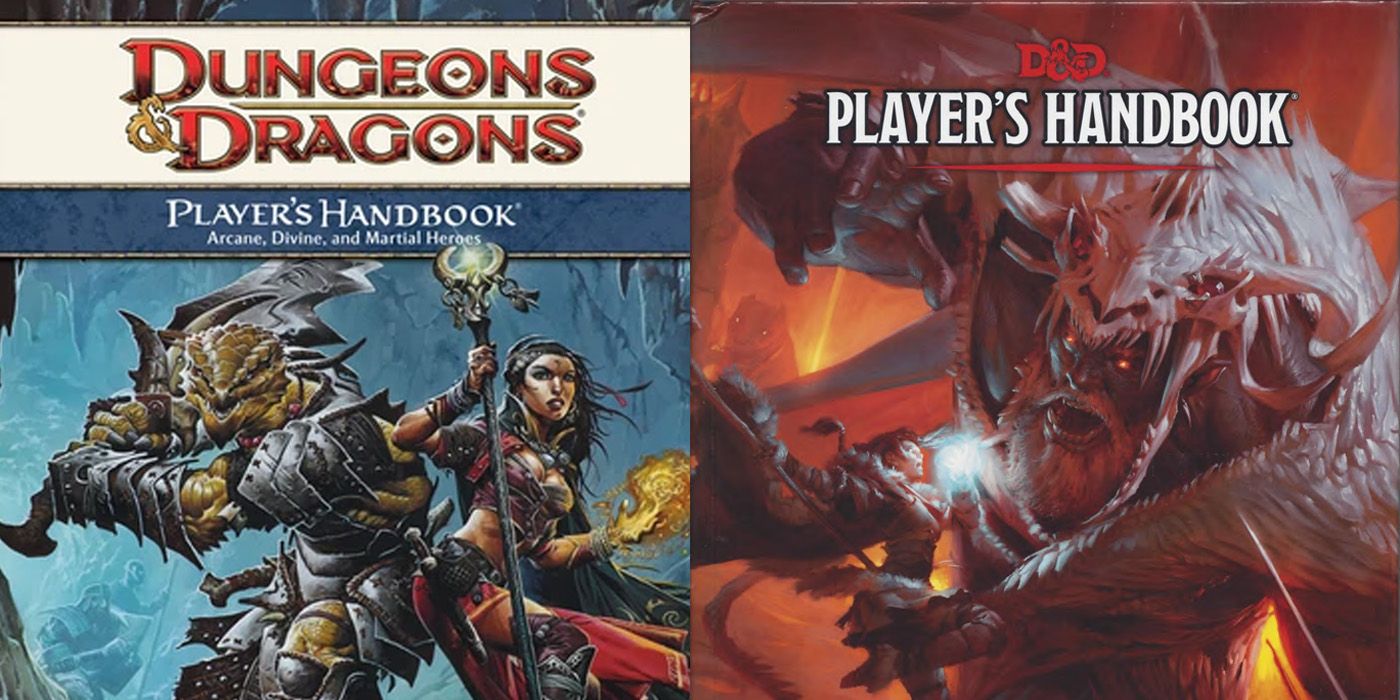
Perhaps most importantly, DMs need to remember that D&D remains an evolving process. After all, creators inside and outside Wizards of the Coast release new content almost everyday. In turn, DMs and their tables should always remain on the lookout for interesting content that can help enhance their experience.
Moreover, tables that plan on playing for the long term should always find ways to spice up their sessions. For instance, Players don't necessarily always have to fight enemies. What if the Players start their own shop? Alternatively, what if Players infiltrate the evil factions to see how they operate? DMs and Players should always think of new ways to play each session to keep everyone engaged in the story.

